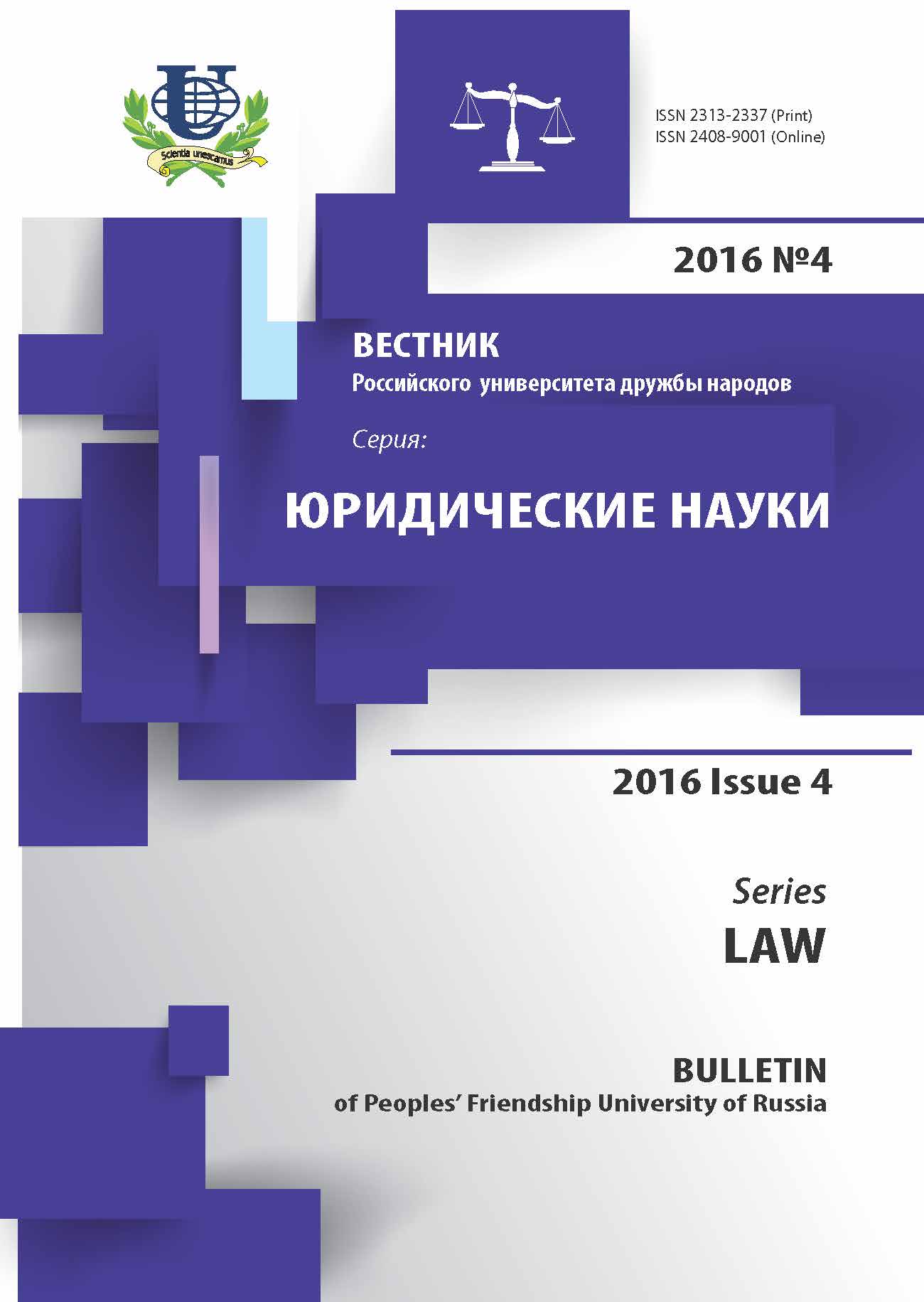Traditional Values v. “LGBT Rights” within the Framework of the Right to Education: International Legal Approach
- Authors: Semenova N.S1
-
Affiliations:
- Peoples’ Friendship University of Russia
- Issue: No 4 (2016)
- Pages: 82-98
- Section: Articles
- URL: https://journals.rudn.ru/law/article/view/15130
- ID: 15130
Cite item
Full Text
Abstract
The article is devoted to the most acute problem of the modern world - the revision of the traditional fundamental values that are the basis for the existence of all humanity. Currently in many Western countries have adopted national laws on the «gay marriage», is legalized the right of adoption of children by same-sex couples , is under discussion decriminalization of incest and pedophilia. Despite the fact that same-sex relationships, as well as other «non-traditional relationship», are known since time immemorial, until the XX century, no one tried to equate them with the traditional family relationships, presenting them as the same norm. Moreover, in most of the countries that legalized same-sex relationships, these type of relationships is shown to children as «normal» and «natural.» Parents who try to prevent children from obtaining such knowledge, facing the responsibility from the administrative penalty to criminal penalties. The problem is compounded by the fact that the countries that legalized same-sex relationships, trying to actively promote and impose on other countries the so-called «LGBT rights» within the framework of international organizations, human rights treaty bodies, regional and international organizations. The author gives examples of national legislation and international norms of «soft law» in this area, adopted within the framework of the UN and the Council of Europe, analyzes them for compliance with the norms of international law, the main place among which is occupied by norms of international treaties recognizing the right to education. In the study of the right to education is considered a right of parents to raise their children according to their own moral, religious and philosophical convictions, as a basis for the protection of their children from non-traditional relationships' propaganda. The article deals with the position of Russia opposite to the promotion of non-traditional relationships and the measures taken by it at the national level to protect against this propaganda, as well as its active position on the national and international levels to educate future generations on the basis of traditional values of humankind and its importance for the maintenance of national and international security.
About the authors
Nataliya S Semenova
Peoples’ Friendship University of Russia
Email: semenova_ns@rudn.university
Law Institute 6, Miklukho-Maklaya st., Moscow, Russia, 117198
References
Supplementary files















